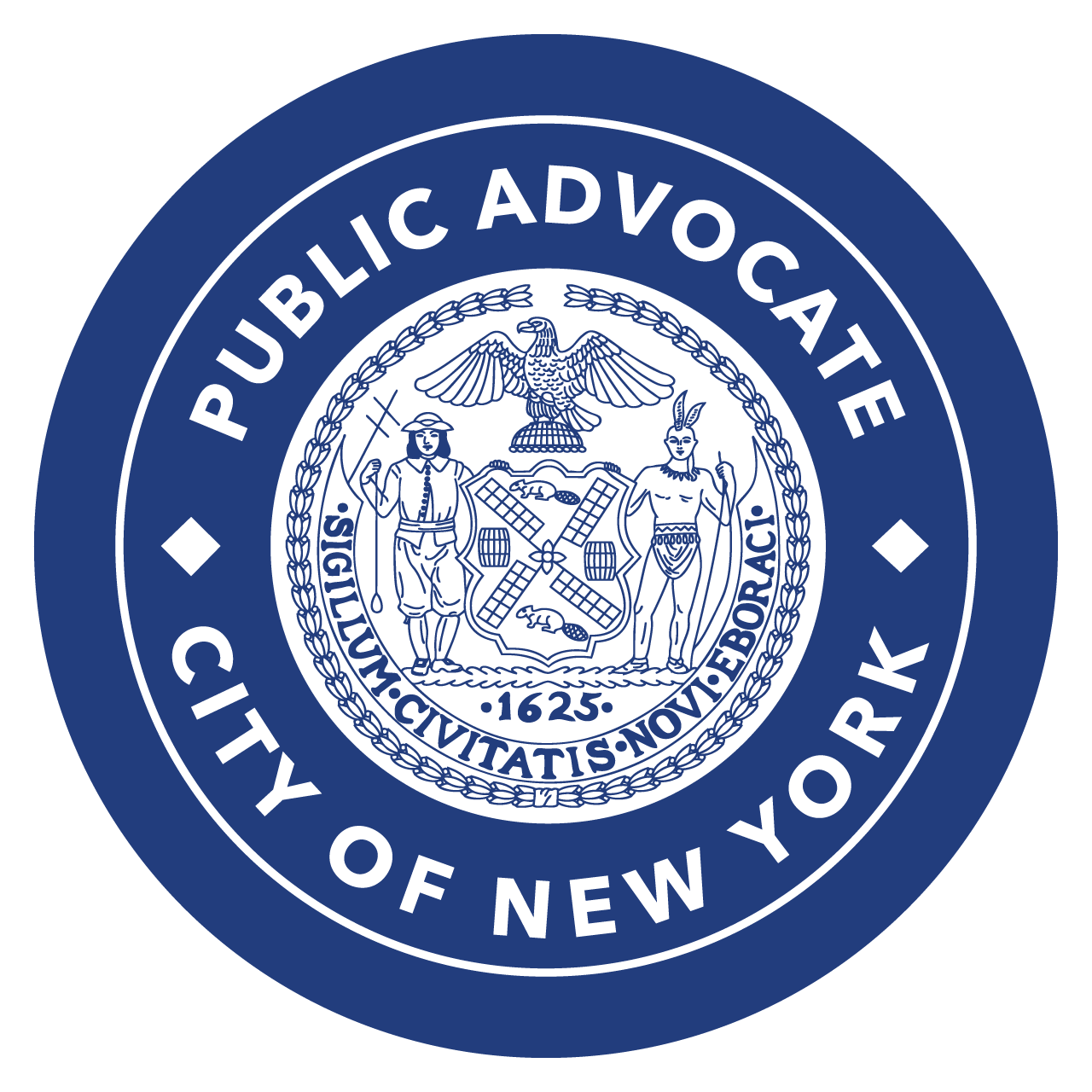As New York continues to mitigate the spread of COVID-19, Public Advocate Jumaane D. Williams is calling for the city and state to shift from single-use Personal Protective Equipment (PPE) in medical facilities to reusable, cost effective PPE that would save money and serve as a safeguard against any potential PPE shortages.
In a letter to the Mayor and Governor co-signed by medical professionals in a number of roles, the Public Advocate argues, "The lack of a clear end to this pandemic requires hospitals to create a long-term plan to deal with shortages of PPE. Utilizing reusable respirators such as Elastomeric Filtering Facepiece Respirators (EFFRs) and Powered Air Purifying Respirators (PAPRs) will save healthcare institutions from expensive emergency purchases of disposable respirators such as the N-95 while providing superior protection for healthcare workers during the duration of COVID-19 and subsequent pandemics."
They continue, "The constant replacement of N-95s to adequate levels in the current climate and post-pandemic environments will prove unsustainable. The order for every healthcare facility to have its own 90-day supply of PPE poses extreme challenges...We urge you to include and promote the partial replacement of N-95s with durable and sustainable reusable PPE for our frontline health care workers in city and state-level procurement initiatives."
Public Advocate Williams joined a coalition of doctors, nurses, and other hospital personnel Wednesday morning to discuss the need for this strategy. Video is available here.
The full letter is available below and can be downloaded here.
Dear Governor Cuomo and Mayor de Blasio: The COVID-19 pandemic has affected nearly every aspect of our lives and has placed a tremendous demand on personal protective equipment for our health care workers. The lack of a clear end to this pandemic requires hospitals to create a long-term plan to deal with shortages of PPE. Utilizing reusable respirators such as Elastomeric Filtering Facepiece Respirators (EFFRs) and Powered Air Purifying Respirators (PAPRs) will save healthcare institutions from expensive emergency purchases of disposable respirators such as the N-95 while providing superior protection for healthcare workers during the duration of COVID-19 and subsequent pandemics. This crisis has highlighted the importance of having a reliable supply of PPE for our healthcare workers. Shortages of the N-95 have led the Centers for Disease Control and Prevention (CDC) to create protocols for extending the use of N-95 beyond common recommendation. In the absence of aggressive plans via the Defense Production Act and other national and international means, shortages are unavoidable at these times, especially in smaller hospitals and clinics that do not have the budgets or supply chains to ensure provision of high volumes of masks for extended periods of time. Reliance solely on N-95 respirators puts healthcare workers at risk, in addition to creating an increased risk in patient population and community. The need for PPE for our frontline health care workers will be an ongoing effort for months to come as we continue to battle this pandemic. The constant replacement of N-95s to adequate levels in the current climate and post-pandemic environments will prove unsustainable. The order for every healthcare facility to have its own 90-day supply of PPE poses extreme challenges. Hospitals will stock according to rationing protocols that allow for limited distribution of PPE among healthcare workers and extended use of N-95, rather than stocking to levels that would provide adequate coverage and safety for all healthcare workers.
We urge you to include and promote the partial replacement of N-95s with durable and sustainable reusable PPE for our frontline health care workers in city and state-level procurement initiatives. In pandemic conditions, if following standard safety protocols, an ICU or ER nurse could use between 30-40 single-use N-95 respirators each day. The use of one re-usable elastomeric respirator, therefore, can save hundreds of N-95s per provider per week. At current market rates, an N95 costs between $3 and $7. An elastomeric respirator and replacement filters cost approximately $30-$40 for a lifetime of use. Additionally, as the increased shortage and rationing of N-95s has led to an abandonment of standard infection control precautions, access to reusable respirators will significantly reduce the misuse of N-95s, which continues to put staff and patients in danger. Implementing reusable respirators will also reduce the pressure on waste management systems at state and city levels, which are currently tasked with processing an unprecedented volume of medical waste safely. As we continue the fight against this pandemic while phases of reopening begin in New York, we must be proactive in our preparation for a potential second wave. Shifting to the use of reusable respirators such as Elastomeric Filtering Facepiece Respirators (EFFRs) and Powered Air Purifying Respirators (PAPRs) will prove to be a rational choice economically and environmentally, building the self-reliance and resilience of healthcare facilities as we endure long-term engagement with COVID-19. We look forward to receiving your response. For further discussion, please contact First Deputy Public Advocate Nick E. Smith at nsmith@advocate.nyc.gov. Thank you for your time and consideration. Sincerely, Jumaane D. Williams Public Advocate for the City of New York Natasha Anushri Anandaraja M.D., MPH Founder, COVID Courage Judy Sheridan-Gonzalez President, New York State Nurses Association (NYSNA) Steven Miller Delegate, Committee for Interns and Residents Housestaff President The Brooklyn Hospital Center Frank Proscia M.D President, Doctors Council
